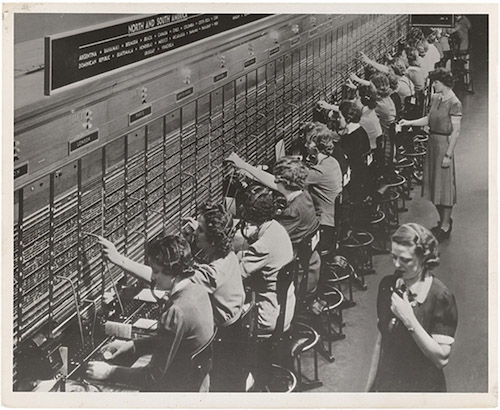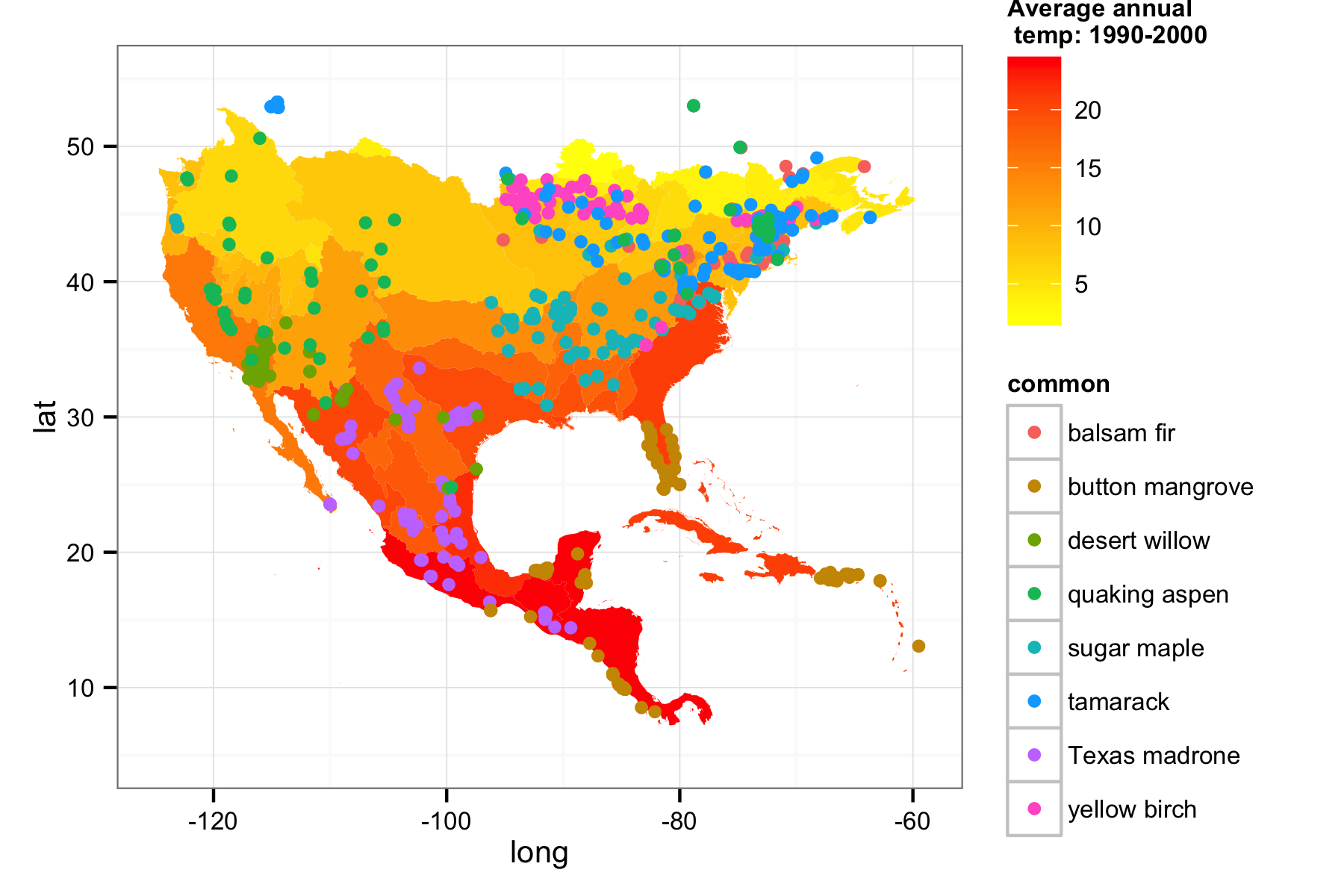
One of the greatest assets human beings possess is the power of speech and language, from which almost all our other accomplishments flow. To be able to analyse communication offers us a chance to gain a greater understanding of one another.

One of the greatest assets human beings possess is the power of speech and language, from which almost all our other accomplishments flow. To be able to analyse communication offers us a chance to gain a greater understanding of one another.

Why care about patents? 1. Patents play a critical role in incentivizing innovation, withoutwhich we wouldn’t have much of the technology we rely on everyday What does your iPhone, Google’s PageRank algorithm, and a buttersubstitute called Smart Balance all have in common? …They all probably wouldn’t be here if not for patents.
A new package crul ison CRAN. crul is another HTTP client for R, but is relatively simplifiedcompared to httr, and is being builtto link closely with webmockr and vcr. webmockr andvcr are packages ported from Ruby’s webmockand vcr, respectively.They both make mocking HTTP requests really easy. A major use case for mocking HTTP requests is for unit tests.

Geospatial data input/output, manipulation, and vizualization are tasks that are common to many disciplines. Thus, we’re keenly interested in making great tools in this space. We have an increasing set of spatial tools, each of which we’ll cover sparingly. See the cran and github badges for more information.
rOpenSci specializes in creating R libraries for accessing data resources on the web from R. Most times you request data from the web in R with our packages, you should have no problem. However, you evenutally will run into problems. In addition, there are advanced things you can do modifying requests to web resources that fall in the advanced stuff category.
We just released v0.2 of rnoaa. For details on the update, see the release notes. What follows are some notes on the more important changes.
We just released v0.3 of taxize. For details on the update, see the release notes. Some new features New function iplant_resolve() to do name resolution using the iPlant name resolution service. Note, this is different from http://taxosaurus.org/ that is wrapped in the tnrs() function. New function ipni_search() to search for names in the International Plant Names Index (IPNI). See below for more.

One of the goals of the rOpenSci is to facilitate interoperability between different data sources around web with our tools. We can achieve this by providing functionality within our packages that converts data coming down via web APIs in one format (often a provider specific schema) into a standard format. The new version of rWBclimate that we just posted to CRAN does just that.
We’ve received a number of questions from our users about dealing with the finer details of data sources on the web. Whether you’re reading data from local storage such as a csv file, a .Rdata store, or possibly a proprietary file format, you’ve most likely run into some issues in the past. Common problems include passing incorrect paths, files being too big for memory, or requiring several packages to read files in incompatible formats.